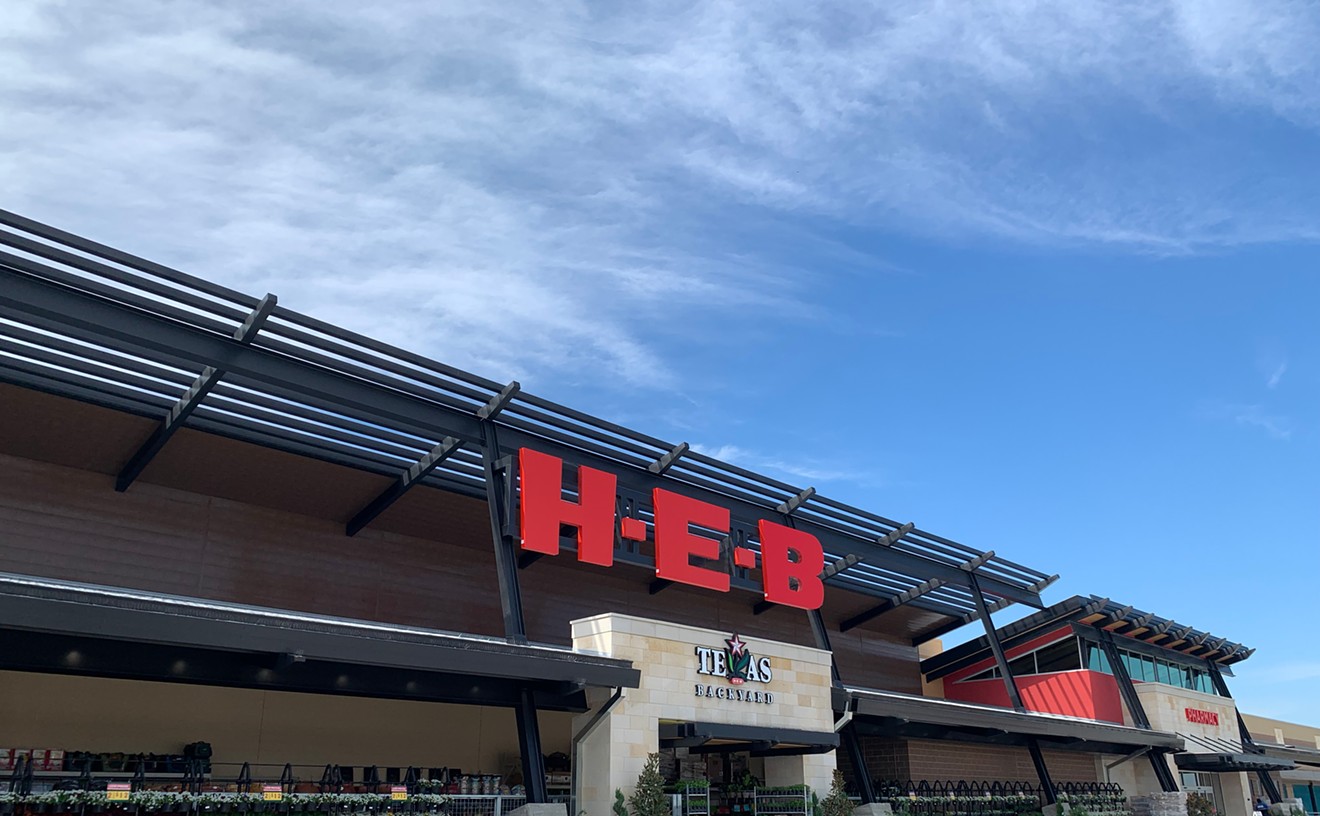It's just part of our nature to belittle those with extraordinary skill or knowledge while elevating the lesser sort.
Explains lots of things, actually.
Wine connoisseurs experience the same derision. A few years ago, the topic of wine critics and their qualifications sparked a bitter exchange between The New Yorker and Wine Spectator when one writer asserted that few sommeliers could determine a red wine from a white wine in a blind test. Scholars in New Zealand took great pleasure in a study debunking the accuracy of florid descriptions of a wine's aroma--the kind where experts refer to a particular vintage as "smelling of rose petals and black cherry with a hint of worn Corinthian leather," while the average Gilley's type grimaces and says, "That there smells like somethin' my Doberman puked up."
"There are a lot of people who think that high-end wines are not as good as cheap wines," acknowledges Todd Lincicome, wine director at Al Biernat's. He attributes that tendency to impatience. People commonly open bottles long before they've matured. "The object of the game is to age wine until the tannins soften and the fruit develops," he says. "People drink wines too young and then say, 'I like the cheap one better.' Inexpensive wines are supposed to be consumed young, fresh and fruity."
"Cheap wine is easier to understand," agrees Vincent Havard, manager of Mercy, a wine bar in Addison.
Those comments, and a chance encounter with a woman sipping white zinfandel at The Quarter, led us to concoct a taste test designed to settle, once and for all, this week's Burning Question.
By the way, white zin is usually the sign of a woman whose virtue may be easily swayed by a moderate intake of alcohol. This particular novice, however, displayed a relatively accurate arm, and wineglass shards cause some pretty nasty cuts. It seems that when she blurted, "I might have cheap tastes," she was still speaking about wine.
Hey, the Burning Question crew is...we're looking up a synonym for "desperate"...an opportunistic bunch.
Rather than subject experts, once again, to ridicule, we decided to turn the tables a bit and test the ability of uninformed drinkers. Could someone with little wine experience pick out a decent vintage in a blind tasting?
"I'd like to know that answer, actually," says Tim Parmenter of Best Cellars.
We asked several people in the wine industry to predict the outcome of our experiment. Surprisingly--given the scorn they suffer from the unversed--Parmenter and others expected beginners to pick up the difference quickly.
"Most people would be able to tell," he explains. "They just won't know why."
The staff at Mercy graciously agreed to host the Burning Question crew taste test (although when we called to set up the event, our promise of a "crowd of loutish inebriates" may have come out as a "crowd of willing strippers" by accident). We invited youngsters Brooke Gregory and Bethany Hastings to sip a selection of reds and whites, both pricey and cheap.
The participants preferred a Cross Point pinot noir, which the server, Jeffrey, described as "pretty much swill," and an inexpensive Riesling similar to white zin. After the third attempt went awry--both Gregory and Hastings selected a Fetzer over a Chateau Montelina--the server shrugged and said, "I'll just go get y'all some Coors Lights."
Ouch.
"It's not my fault," Hastings complains, "I have cheap tastes." (Yeah, turns out she meant wine, too.)
Understanding wine is more of a commitment than one might expect. Each year vineyards large and small produce new vintages. Each year some bottles reach perfection and others die a sour death. Truly knowing wine is a work in progress.
"People have different palates," Havard says. "They may like dry or fruity or earthy, and this depends on palate education." Inexperienced drinkers take cues from other sources, such as their preference for a particular soda or juice. "You give me four days, one day a week for a month, and I'll take you by the hand and you will see how it is," he adds.
In other words, anyone can learn to differentiate the top wines from the boxed stuff.
"Once they've learned, they'll never go back," Lincicome says.
Ultimately--and this will stand as our answer to the Burning Question at hand--the best wine in the world is the one you like.










